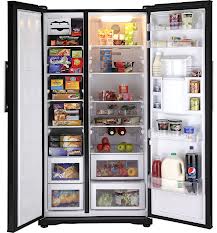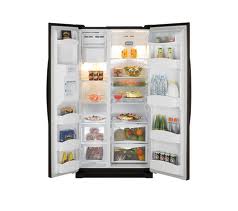8 Tips On Caring For Your Fridge Freezer


Certain appliances have become such an integral part of our everyday lives that we simply could not live without them, no less so than fridges and freezers. So much are they the norm and so important are they to modern living that great quality fridge freezers are even available to purchase in supermarkets. However, did you know that a fridge or freezer’s ability to function effectively is dependent on correct and regular upkeep? A poorly maintained fridge freezer will drain electricity, harbour unpleasant odours and bacteria and even fail to preserve food efficiently. Luckily, they are easy to care for with a little know-how and following these basic rules will maximise your fridge freezer’s lifespan.


